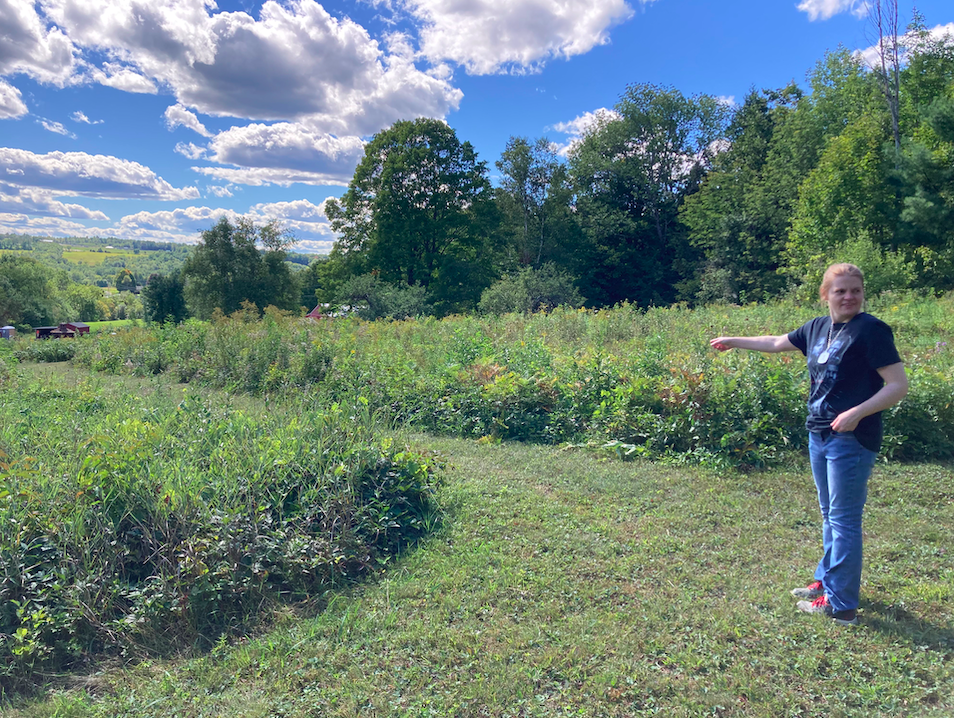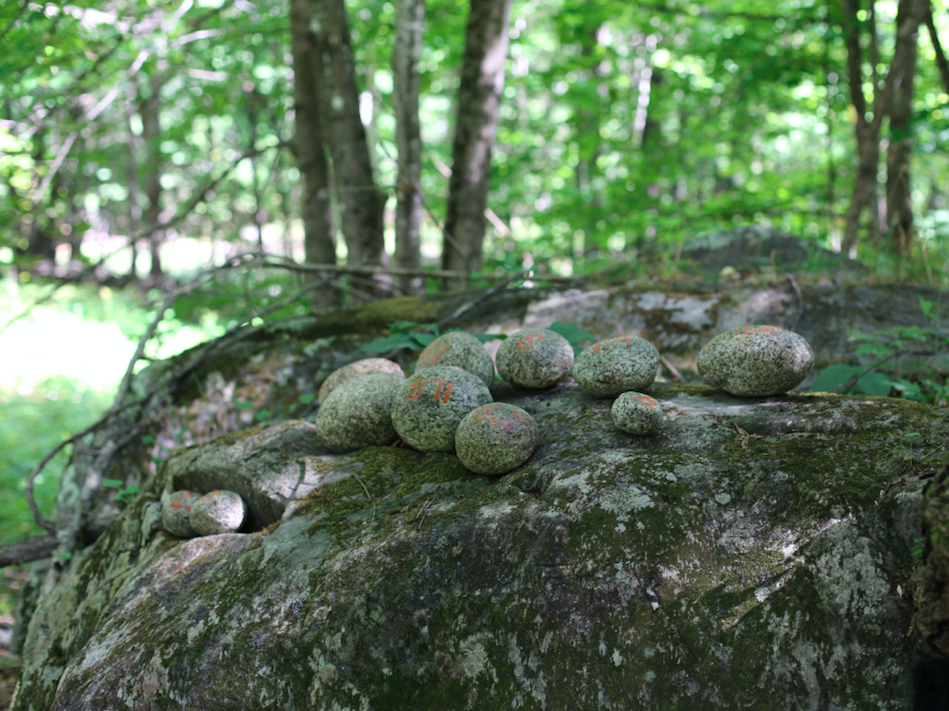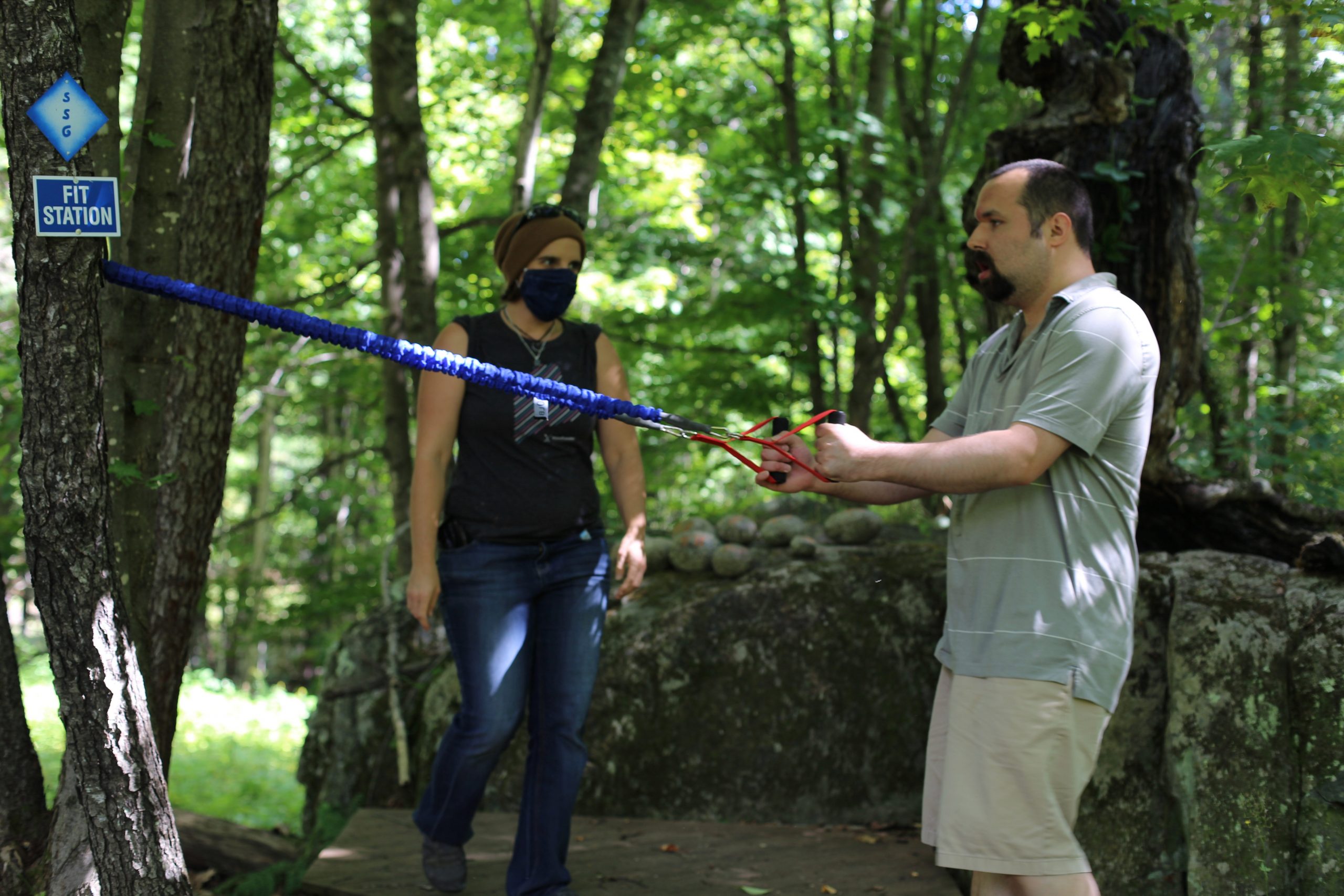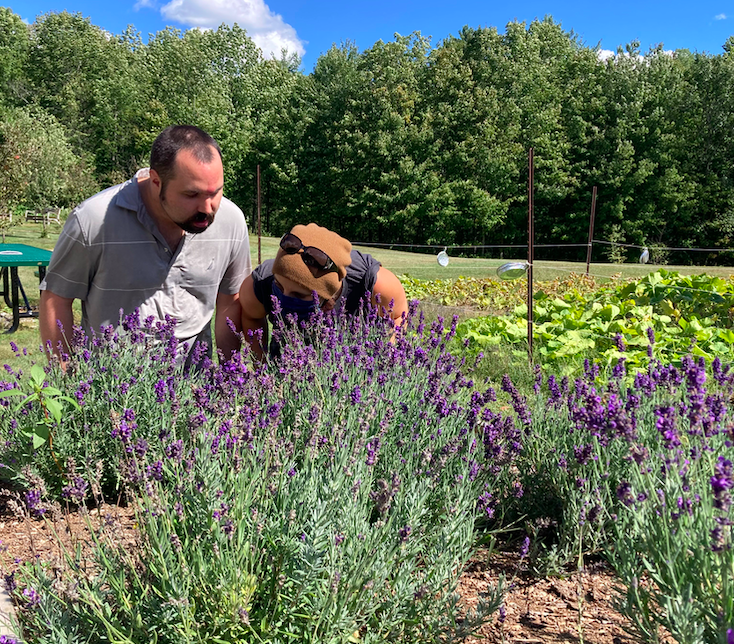
FARMINGTON – For almost 40 years, Life Enrichment Advancing People has thrived as a prominent non-profit organization at the forefront of organizing programs to enrich the lives of people with disabilities in Western and Central Maine.
Many may already know about their ongoing training services, in-home support groups or their various events throughout the year, all centered around assisting those with disabilities to feel more connected to their home communities. But in 2008, Program Administrator Darryl Wood was tasked with creating an employee wellness program on a tight budget. LEAP had no money for a new fitness center, nutrition classes, or any other kind of resource aiding in overall wellness, so instead Wood thought like a Mainer and turned to nature, creating Stone Soup, a 40-acre trail system that loops up Route 2.
“As interest built, we continued to improve and expand the trail, adding fit stations in 2012 and the second loop in 2017. Traditionally the system has been supported by volunteers from within and without LEAP. We also have a vigorous gardening program up there, and over the years we have had community members, United Way volunteers, volunteers from SAD 9 and UMF to maintain both the gardens and the trails. That being said, there are several of us from LEAP who are “regulars” in the upkeep, especially this year,” Wood said.

The communal effort to maintain the trails and gardens is yet another example of LEAP’s effect on the community. By accepting, and encouraging, volunteers from different organizations and institutions, LEAP’s Stone Soup project is only deepening LEAP’s roots in the community at large. Not only are the trails maintained, they are also handicap-accessible, keeping with the inclusivity and equality that LEAP strives to spread.
“Our general concept is to continue to make them more accessible to more people as we develop them. Generally speaking, the closer you are to the beginning of the trail, the more accessible the property is. At the very beginning, we have an accessible fit station, and hard and firm pathways that provide access to a row of apple trees and blueberries. In the woods, we have added bridges and culverts, removed rocks and landscaped to make it easier for more people to access. We don’t say any of the system meets ADA standards, however, we want to continue to increase the use for people of all abilities,” Wood said.
The gardening program Wood mentions is also near the Stone Soup trails. It’s a project invested in uniting those with disabilities with those without them.
“There are two community gardens- one is planted by LEAP to provide fresh vegetables to our staff, supported individuals and sell surplus to the community. The second is a series of 10×20 community plots which we offer up to anyone who needs garden space and agrees to some simple rules we have,” he said.
They also have pumpkin patches, raised garden beds and apples and blueberries.

The Stone Soup Gardens and Trails have become a gathering place for people who may normally be kept exclusive from one another. LEAP is not interested in creating a healthy, rich environment just for the LEAP community, they are interested in sowing connections and harvesting from a vast and diverse neighborhood of people.
“LEAP has always been about giving back to the community. As a non-profit organization with a charitable mission, we are of and for the benefit of the people who need us. By developing our Stone Soup project, we are able to teach, provide resources, volunteer opportunities and overall healthful experiences to people of all abilities. If we can maintain this stewardship project over time, it creates a mutually beneficial experience- one good for LEAP and good for the community,” Wood said.





